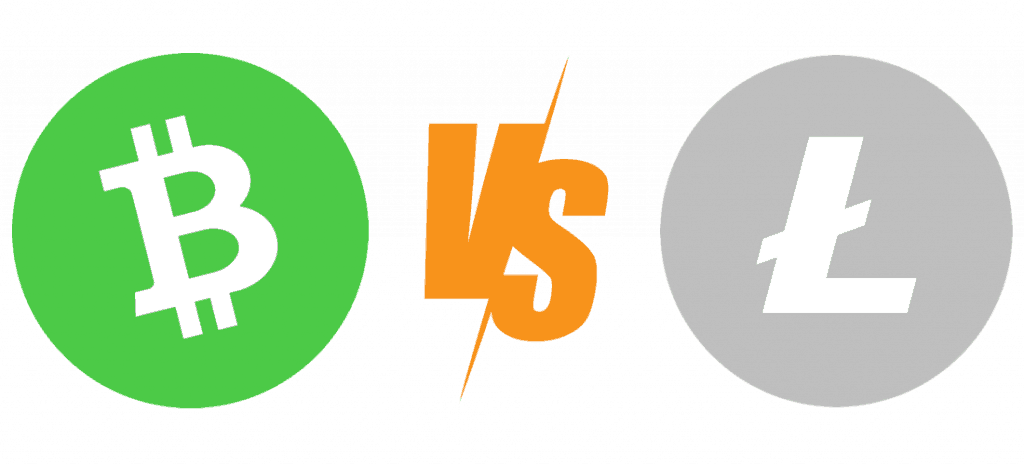
I’m sure most of you are familiar with Bitcoin. A cryptocurrency (a form of electric cash) that started years ago back in 2008. Many people believe its formation was due to the accusation of large banks misusing borrowed money, charging excess fees etc. But what we do know, is that Bitcoin is arguably the largest and oldest form of cryptocurrency.
It has a market cap at at over $67 billion. It’s transaction speed is essentially lightning fast making it really convenient and easy for people transferring sums of money overseas. Bitcoin is also becoming a widely accepted method of payment making it not only convenient but versatile and accessible. Bitcoin can also be represented by a satoshi (the smallest form of Bitcoin – 0.00000001). Bitcoin is essentially subdivided into units making it relatively easy to convert the cryptocurrency based on the current market.
Lastly, Bitcoin has a very intense privacy policy making it virtually impossible to hack an account. Bitcoin transactions are publicly recorded without revealing the identity of groups involved. Likewise, users are identified as ‘public keys’ or ‘numerical codes’ which make them known to other users. Sometimes, ‘handles’ are even used.
Its counterpart, Litecoin is a little newer to the cryptocurrency market. Established in 2011, it’s essentially a peer-to-peer currency that serves as an online payment method, similar to Paypal. However, instead of a US dollar, Litecoin uses transactions in units of Litecoin. Like Bitcoin, Litecoin is created from a procedure called ‘mining’ whereby users create a list of litecoin transactions that are all stored in a ledger.
Litecoin’s market sits at roughly $2.7 billion, far less than Bitcoin’s $67. While Litecoin may have a much smaller market cap (likely due to the fact that it was established later), Litecoin does have the upper hand on the amount of coins it can produce. Litecoin can accommodate up to 84 million coins whereas Bitcoin is capped at 21 million. Many argue that this gap in the number of coins one crypto accommodates makes little difference as they are both infinitely divisible. Meaning, you can slice up each unit of cryptocurrency into such a small amount that it hardly makes any difference how many coins one can accommodate.
Lastly, it’s important to mention the amount of time each cryptocurrency takes when processing a transaction. Bitcoin is known to be extremely fast with an average transaction processing time of 10 minutes. For the same transaction in Litecoin, it averaged at 2.5 minutes. This is a large chunk of time and may just make Litecoin more attractive fo merchants around the world.
To Bitcoin or to Litecoin? That is the question.
Good Luck 🙂











